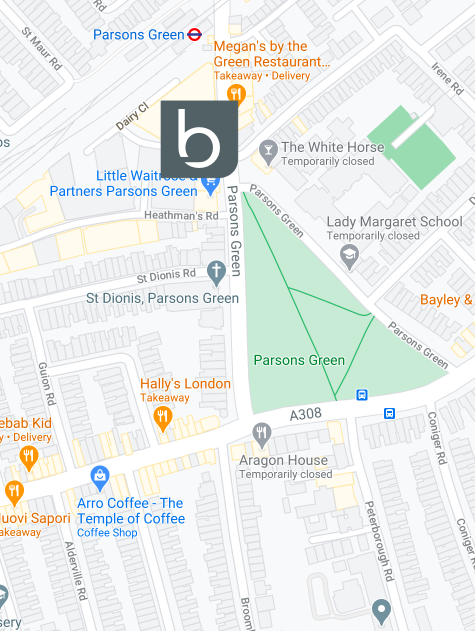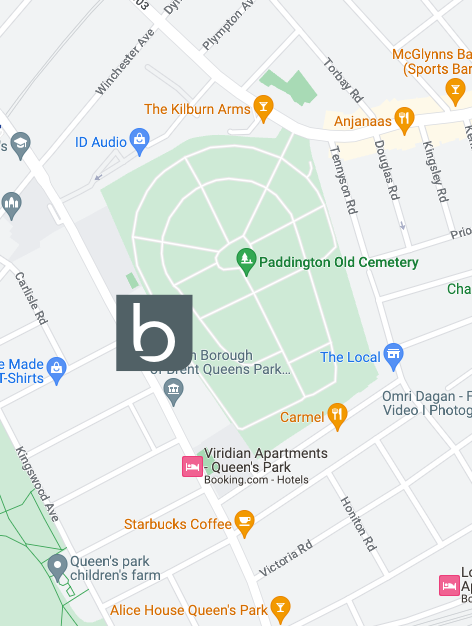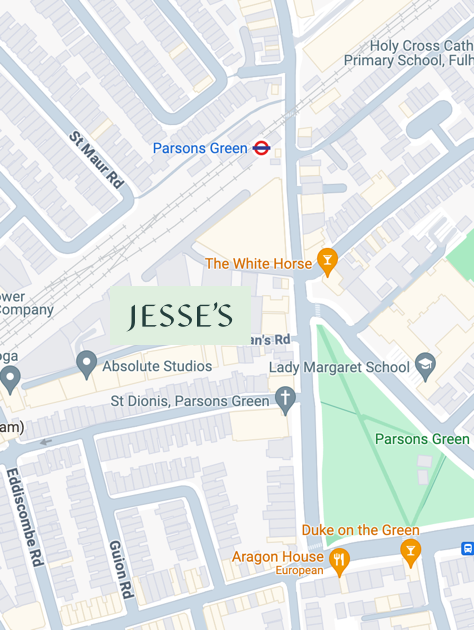
Close
Enquiry
Please see contact information below or complete the form and we will get in touch with you.

Parsons Green
3rd Floor Brigade House
8 Parsons Green
London
SW6 4TN

Queen's Park
2nd Floor
105-109 Salusbury Road
London
NW6 6RG

Jesse's House
8-10 Heathmans Road
Parsons Green
London
SW6 4TJ
Knee ligament injuries: causes, symptoms and treatments

Dealing with knee ligament injuries is an everyday occurrence for our physios at our clinics in Parsons Green and Queen’s Park. The most commonly injured ligaments are the medial collateral ligament (MCL) and anterior cruciate ligament (ACL).
These ligaments effectively hold the knee together so these injuries can be very painful and will hamper mobility. Read on for everything you need to know about knee ligament damage, from causes to recovery – and everything in-between.
Knee ligament injuries: Causes and symptoms
MCL and ACL injuries occur with sudden twists or when sideways force is applied to the knee. These traumatic incidents usually happen during sporting activity, with skiers and snowboarders highly susceptible. Tennis, rugby and football players are also in the danger zone.
These incidents can also happen in day-to-day life in trips, falls or collisions with other people. Uneven ground or slippery surfaces are often to blame.
Whatever the scenario, when pressure is applied, the MCL stretches and sprains, partially tears or completely tears. When tearing occurs, you may even feel and hear it. ACL tears characteristically cause a ‘popping’ sensation.
Factors that may be contributing to knee ligament injuries include:
- Weakness in the leg muscles (lower leg, hips).
- Poor footwear.
- Anatomical variations in the lower limb which can predispose to overloading of the MCL.
Pain and swelling can be severe to start with and, if the injury is a serious one, your ability to walk may even be compromised. You will have to stop sport and fitness activities for a period of time.
Treatment
Fast, accurate diagnosis is important as untreated injuries can lead to further damage in the knee joint. This will alter your movement and place pressure on adjacent joints.
Once the injury has been diagnosed, pain-relieving treatments, such as massage and taping are the priority, followed by a targeted rehabilitation programme to restore function and get you back on track to achieve your goals.
In severe or complicated cases surgery may be necessary. Your physio will let you know if a consultant referral and imaging (X-ray/MRI) is required in your case.
RESTORE > TRANSFORM > PERFORM
At Beyond Health, we specialise in not only helping people get over injuries, but getting them back to full fitness and stronger than ever.
We do this via our RESTORE > TRANSFORM > PERFORM programme that sees our Beyond Health physios devise an individualised recovery plan for you, created with the help our cutting-edge biomechanical screen, which incorporates industry-leading analysis equipment to identify and accurately measure your strength deficits and movement issues. Book an appointment at our Queen’s Park or Parsons Green clinic here.
How long with my recovery take?
Unfortunately, there is no definitive answer. The levels of damage to the MCL or ACL (or in some cases both!) can vary greatly from patient to patient, meaning everyone’s recovery time is unique.
A simple MCL sprain will take six weeks to recover from, but challenging cases involving bone ‘bruising’ and significant muscle weakness can take six months. ACL injuries can be managed conservatively (non-operatively) or can be surgically repaired. Both require six months of fairly intense rehab and a further six months of ongoing rehab. ACLs should be considered a 12-month rehab project. Recovery is also affected by a number of factors including age, hormones, weight, nutrition and sleep.
With relative rest, medication and hands-on treatment, the pain can be eased, but to speed up your recovery and reduce the chance of re-injury, significant balance and strength work will need to be done after the pain has gone. The length of rehabilitation directly corresponds with the severity of your injury.
A successful return to sport will require you to achieve sport-specific threshold targets, in line with recovery targets set for professional athletes.
Expert physio in Parsons Green, west London, and Queen’s Park, north-west London
If you are suffering from a knee injury, or any other physical issue, get in touch with us to arrange an assessment. Beyond Health is for everyone, whether at one of our clinics.
Beyond Health Parsons Green welcomes clients from across west London, including areas such as Fulham, Putney, Kensington, Wimbledon, Chelsea and Wandsworth.
Beyond Health Queen’s Park opened at the start of 2024 and has already been visited by people from across north-west London from places including Kensal Rise, Notting Hill, Hampstead, St John’s Wood and Maida Vale

